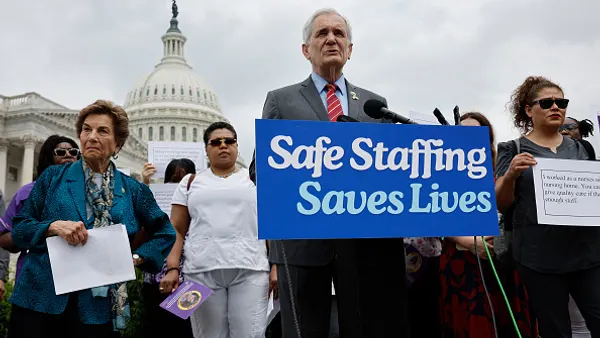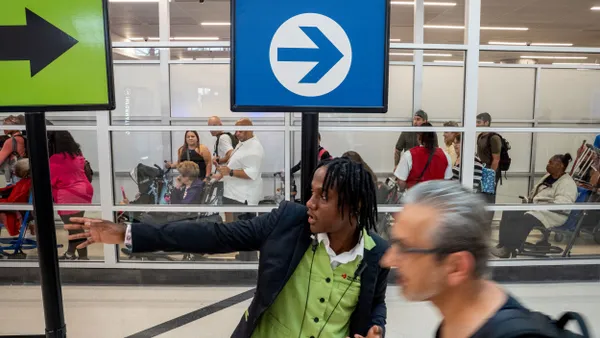Dive Brief:
- Forty percent of HR professionals surveyed by Gartner said their culture budget had increased since the beginning of the pandemic, but only one in four knowledge workers said they felt connected to their organization’s culture.
- This disconnect is due in part to the office no longer being the “most common, constant cultural experience,” Gartner said. But flexibility itself is not the problem, Gartner said; in fact, employees who had a high degree of flexibility in when, where and how they worked were more likely to feel connected to their organizational culture compared to those who had very little flexibility.
- Gartner cautioned employers against enforcing a return-to-office policy as a solution to a culture disconnect, as it could prompt significant attrition. Instead, employers may need to focus on empowering individual teams to create “vibrant microcultures” rather than rely on a “macroculture” spread through osmosis via the office, Gartner said.
Dive Insight:
Hybrid work remains a point of contention between workers and employers, especially as companies worry over retaining a cultural identity. But this isn’t a new problem, according to Alexia Cambon, director in the Gartner HR practice.
“Employees at all levels, and across demographics, are suffering from a connectedness crisis, which suggests this problem isn’t just related to hybrid and remote work, but to organizations’ lack of intentionality in driving connectedness historically,” Cambon said in a press release announcing Gartner’s findings.
HR and company execs may not be on the same page regarding culture, either, according to Mercer’s 2022 Global Talent Trends Study. While nearly all HR pros surveyed said there’s more work to be done in creating a culture of trust at work, execs largely don’t see the ROI. And while employees surveyed said remote and hybrid work would make their organizations more successful, executives largely said they were worried about remote work’s impact on company culture.
One way HR may be able to improve the remote employee experience is by taking another look at the company’s onboarding process. Onboarding is often an employee’s first true experience with a company’s culture, but 62% of employees surveyed by Eagle Hill in February said their onboarding experience did not give them a clear idea of what that culture looked like. What respondents said they wanted out of an onboarding experience included more information on performance measurement, mental and physical health resources and details about workplace changes caused by the pandemic, among others.
In a remote workplace, HR can provide managers with leadership training that teaches them how to connect with direct reports in a remote setting. Some of those strategies include implementing purposeful follow-ups after meetings and increasing informal check-ins with workers.














